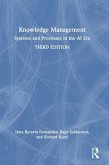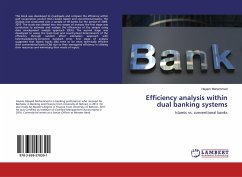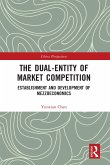Application of Dual-process Theory to Information Systems: Current and Future Research Directions addresses the dual-process approach to attitude formation as it has been applied to the domain of Information Systems (IS). It describes twenty six empirical research studies published in the IS literature that have been based on the Elaboration Likelihood Model (ELM) or the Heuristic Systematic Model (HSM) - variants of the dual-process approach. Some of the IS phenomena that these studies have explored include the IS training process, website trust and privacy assurance, perceptions of online health records, adoption of expert systems' advice, design of recommendation systems, computer-mediated communication, and knowledge management. Application of Dual-process Theory to Information Systems: Current and Future Research Directions starts by clarifying exactly what a dual-process approach is and how to apply it. The author then defines a logical schema for categorizing the extant dual-process IS research, using it to group these studies into these categories and briefly reviewing each study. This helps to address the need to understand these studies in relation to each other with the aim of integrating them and forestalling fragmentation of this body of work. The discussion section begins by identifying three streams of this research that are outliers, and then examines those heuristic cues and moderating factors in the studies reviewed that are clearly IS constructs; suggesting they bear further dual-process based IS research. Finally, the author elucidates three particular IS phenomena that present excellent opportunities for applying this approach in the future: (1) information filtering during complex problem solving, (2) how trust and credibility assessment interact with system design features, and (3) organizational knowledge work.
Hinweis: Dieser Artikel kann nur an eine deutsche Lieferadresse ausgeliefert werden.
Hinweis: Dieser Artikel kann nur an eine deutsche Lieferadresse ausgeliefert werden.








